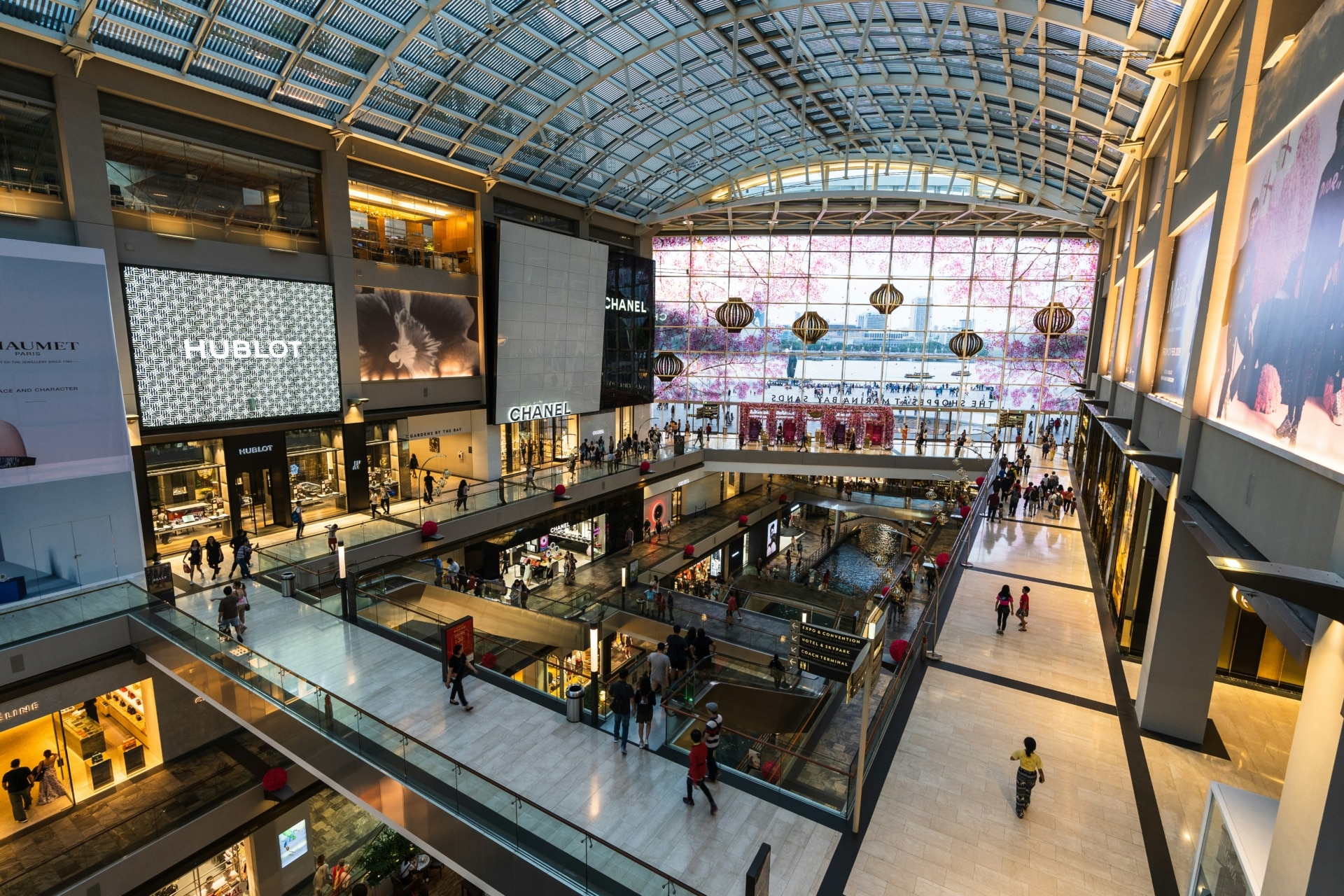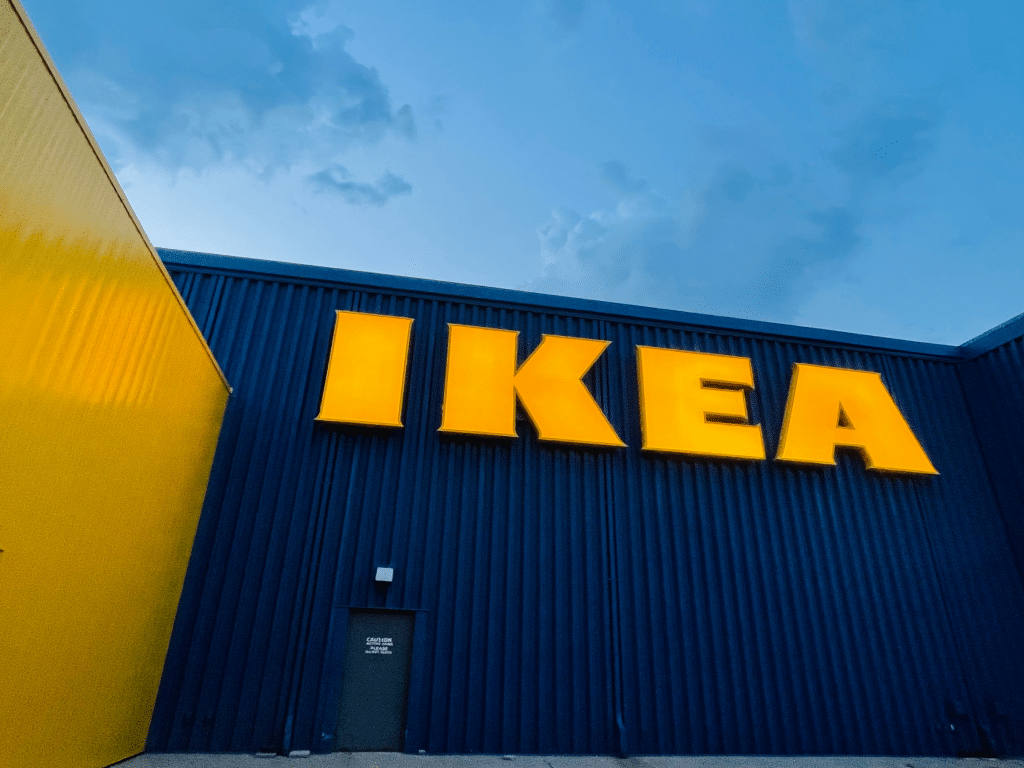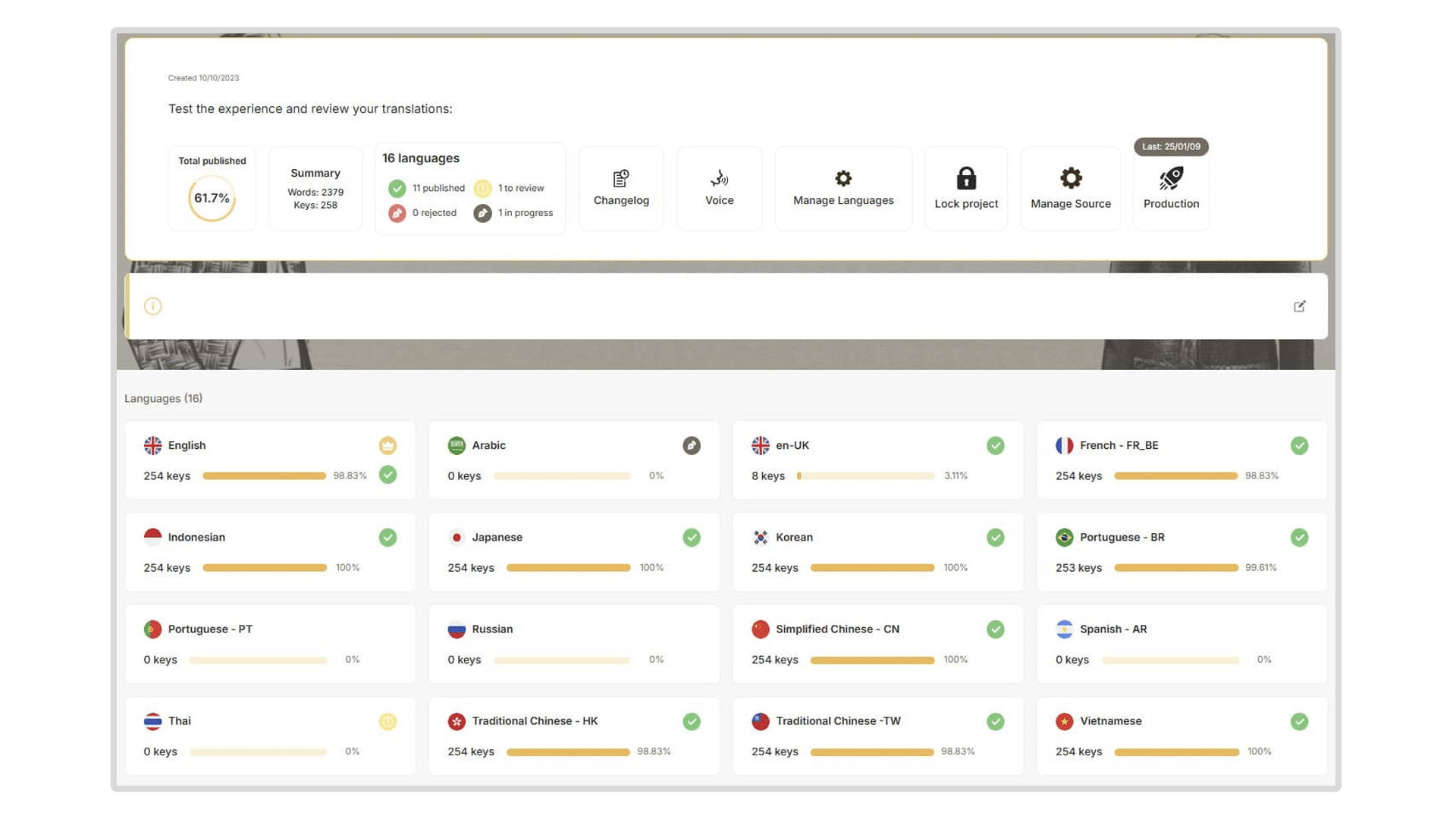
Driving Innovation: How Digital Transformation Shapes Retail Sector

What is digital transformation in Retail?
The digital transformation of retail involves integrating technology into all areas of the retail business. This transformation is fundamentally changing the way retailers operate and encompass various aspects, such as e-commerce platforms, mobile applications, data analysis and artificial intelligence, with the aim of improving the customer experience, and optimizing operations and the supply chain.
Understanding the factors behind retail digital transformation
The digitalization of the retail sector can be explained by a number of factors, reflecting both changing market dynamics and evolving consumer expectations:
1. Changing consumer expectations
With the pandemic of 2020, new consumption patterns have emerged – aimed at digitalizing and facilitating the customer experience. Millennials and Generation Z have highest expectations, demanding ultra-personalized shopping experience that are not only efficient and accessible across different platforms, but also tailored to their preferences and needs. They value transparency, engagement and brands that demonstrate social responsibility.
2. The impact of new technologies
To meet these specific requirements, new technologies are appearing on the market such as AI, Big Data or even IoT. Retailers are taking advantage of these technologies to optimize their operations and improve their customer experience. Thanks to AI, it’s easy to build an algorithm that will analyze your customer preferences to offer them an ultra-personalized experience. According to MJV trends report 2024, 40% of customers would be willing to pay more than expected to benefit from a personalized experience.
3. Increased competition and the need to stand out
Faced with the emergence of e-commerce giants such as Amazon, ASOS or, more recently, Shein, it is important for traditional retailers wishing to remain competitive to embrace digital. These retail behemoths are redefining market standards in terms of convenience, price, product range and speed of delivery. To keep pace with the retail innovations in digital era, traditional retailers need to embrace digital transformation, to enrich their offerings and respond effectively to these new market challenges. The brands can provide the customer experience that meets the expectations of modern society filled with digital natives by aligning their strategy to incorporate advanced digital services such as gamification.

Importance of digital transformation for Retail
Today, digital is essential for retail, to meet consumer expectations and improve operational efficiency in a constantly evolving market.
Optimizing the customer experience: Digitalization enables retailers to offer a tailored, frictionless shopping experience. It enables retailers to personalize product recommendations, simplify the checkout process and offer flexible delivery options. This creates a more engaging and satisfying shopping experience, and boosts customer loyalty and conversion rates.
Improving operational efficiency: Digital management tools transform back-end operations, from inventory management to logistics. Automation and data analysis help predict demand, optimize inventories and streamline the supply chain, reducing costs and lead times. This leads to more agile and responsive operations management, adapted to market requirements.
Adapting to changing consumer behavior: Consumer behavior and preferences are constantly evolving, and are increasingly moving towards online purchasing, the search for personalization and immersive, singular shopping experiences. Digital transformation equips retailers to stay aligned with evolving trends by blending online sales channels with in-store digital tools, thereby delivering an omnichannel shopping experience. By staying ahead of consumer trends and meeting customer expectations, retailers can maintain their relevance and appeal.

How digital transformation is reshaping corporate codes
Before embarking on a digital transformation project, it’s important to measure, understand and assess the stakes involved, as it will have an impact on your company and the way it operates.
Digitalization is reshaping corporate codes, as it brings in the new ways of working and new values that will reshape internal processes.
Adaptation of employee training and skill development
Digitalization first requires internal development as employees need to upgrade their skills in order to familiarize themselves with these new tools to provide exceptional retail experience. With constant technological advances, providing your employees with retail and sales training regularly is important, as it enables them to enhance their understanding of latest technologies and participate effectively in the transformation of digital retail. This involves not only technical training, but also the development of cross-functional skills such as creativity and change management, which are essential if we are to exploit the full potential of digitalization.
New working methods – agility, project-based working
Digital transformation favors the adoption of new working methods characterized by greater agility and project-based organization. Companies can benefit these approaches to respond more rapidly and effectively to market developments and customer needs.
Interested in creating your own custom game to acculturate digital knowledge for your employees? Contact us!
Challenges of digital transformation in retail
Costs
Digital transformation in retail in particular requires substantial investment, both in the acquisition of new technologies and in staff training and process reorganization. These costs include software implementation, advanced cybersecurity systems, and often the need to call in consultants or digital experts.
Cybersecurity and data protection
As more and more customer data is collected and stored, security and privacy issues are becoming increasingly important. Retailers need to implement robust cybersecurity solutions to protect sensitive information from data breaches, while complying with strict privacy regulations.
Business disruption and lack of global vision
Adopting and integrating new digital technologies into existing systems can be complex. Retailers must not only choose the technologies best suited to their specific needs, but also ensure their seamless integration with existing systems, minimizing disruption and guaranteeing a consistent user experience.

How did retail giant Walmart begin its digital transition?
When retail giant Walmart embarked on its digital transformation, it had several goals in mind, including:
- Create an omnichannel experience: “What would it take to combine the hallmarks of the physical experience, discovery, inspiration and service with the ease, convenience and personalization made possible through digital? In an age of AI and robotics, where do people fit in?” – CEO Brian Cornell
- Improve employee productivity
- Explore new markets and services as financial and healthcare
How did they proceed?
As part of its digitalization strategy, the group first drastically increased its web presence via its website and app, where customers could access a wide range of products with convenient home delivery and in-store pick-up options.
The company has also integrated AI into its application.
- AI for personalized shopping recommendations
- Blockchain to trace the origin of its products
- and big data to streamline the supply chain and anticipate product shortages based on customer preferences.
When it comes to the shopping experience, they now have self-checkouts, enabling customers to pay for their shopping autonomously, as well as drones for delivery. With these initiatives, Walmart continues to strengthen its market position, adapting to the changing retail landscape and meeting the expectations of the modern consumer.

There are countless examples of companies that have used digital transformation to enhance the shopping experience, including furniture giant IKEA, which uses AR technology to enable its customers to visualize from their smartphones, the furniture of their choice directly in the room they want. In addition, IKEA supports Space 10, which can be seen as its design laboratory, working to create intelligent products.

French retailer Carrefour has embarked on a digital transition. The aim is to develop an e-commerce platform to offer its customers a fluid, omnichannel shopping experience. To make this transition a success and ensure effective adoption of the new technologies among its employees, the retailer used gamification to train them in these new digital tools and make the process more attractive and engaging.
Digital transformation in retail marks a revolution in the way companies interact with their customers, manage their operations and position themselves in the marketplace. By adopting innovative technologies, from e-commerce to artificial intelligence, retailers can offer personalized, omnichannel shopping experiences, responding to multifaceted consumer expectations – essential for their competitiveness. This digitalization is also an opportunity to optimize processes, improve efficiency, stimulate growth and adapt to new market demands.
Discover


Book A Demo
Get a personalized demonstration by one of our game design experts.


